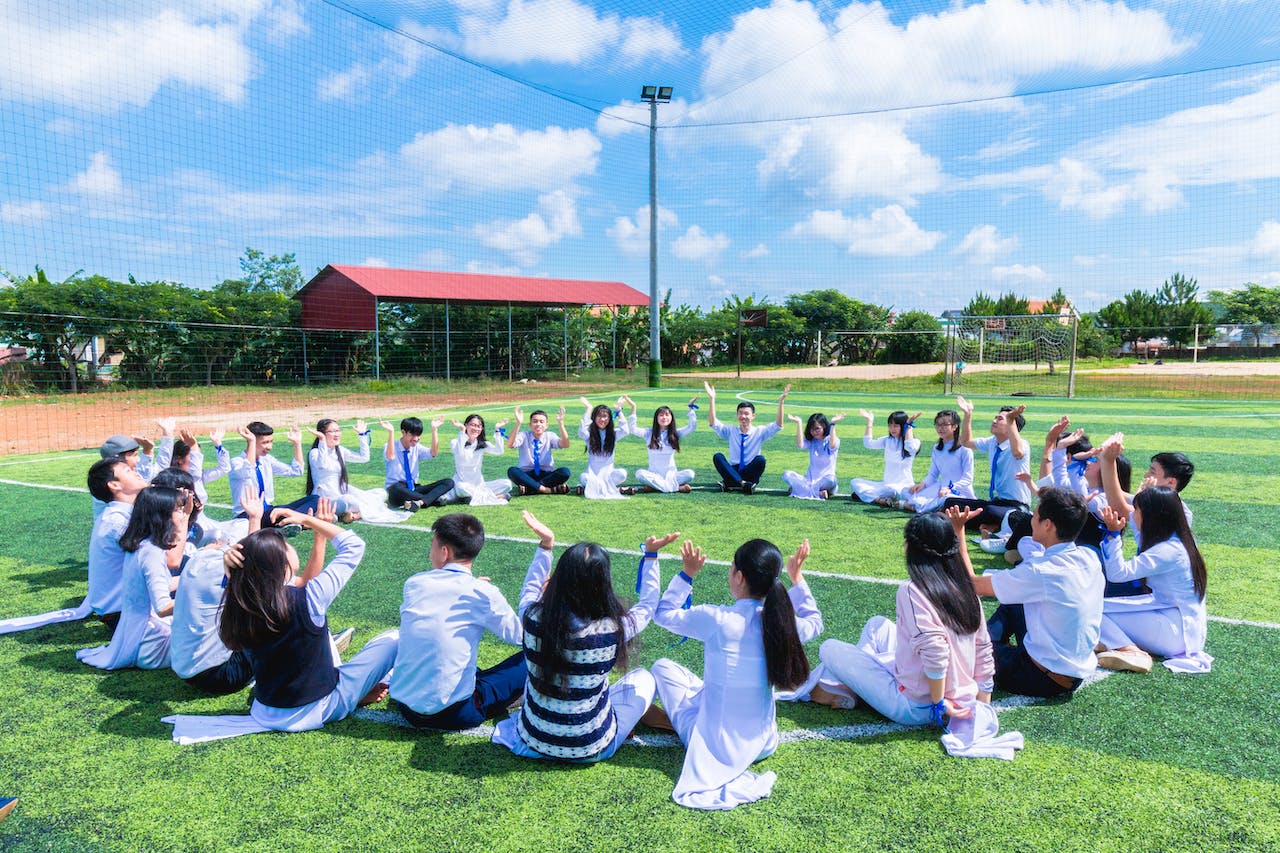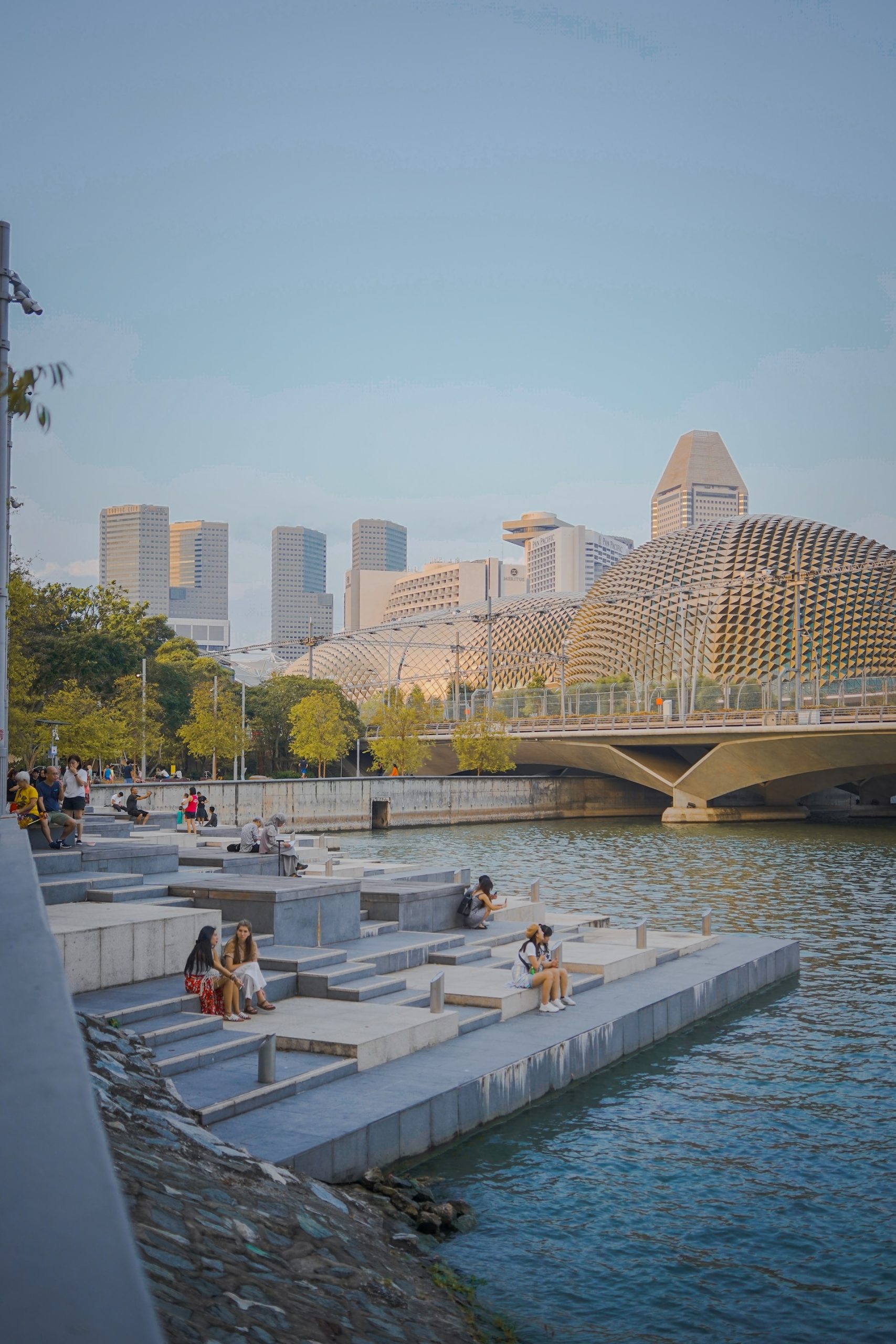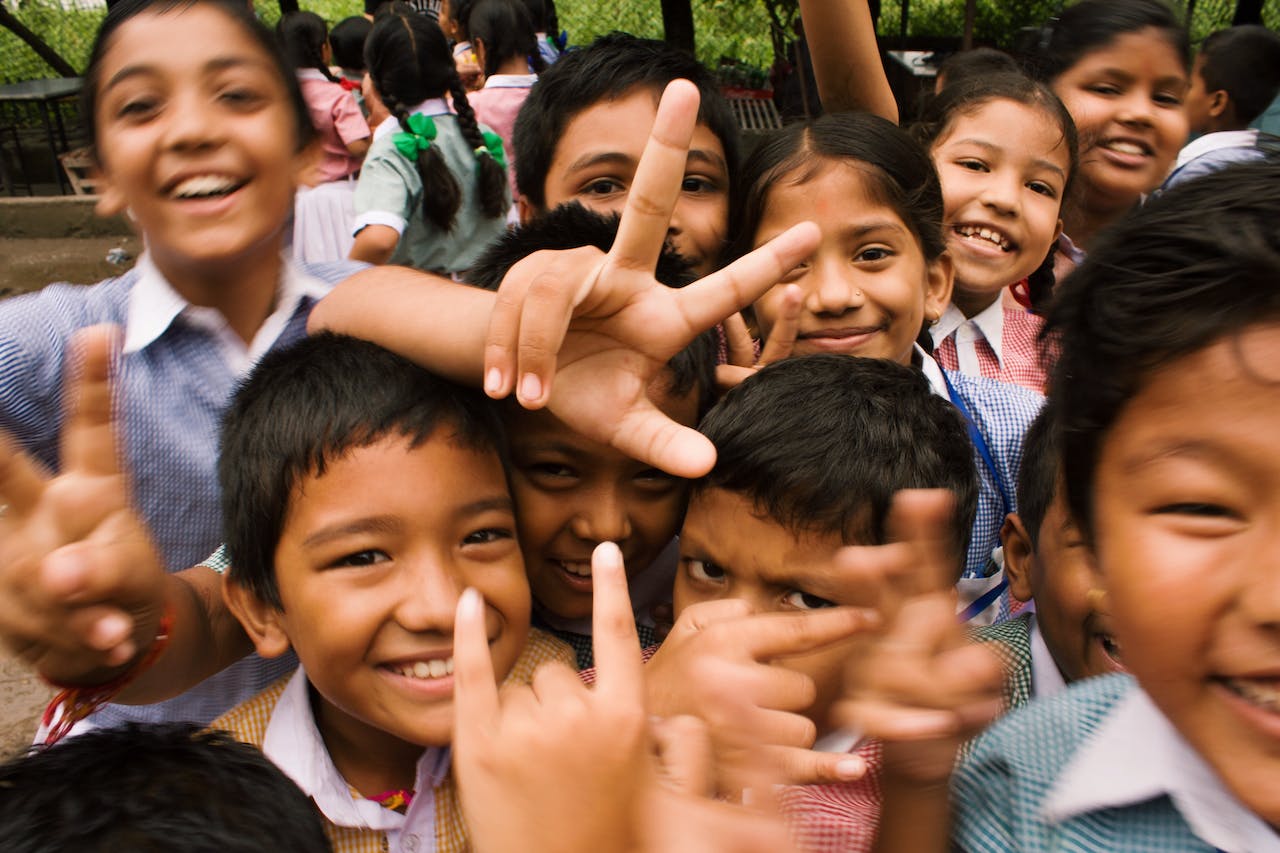Education, education, education
Much of Singapore’s success can be attributed to a free-market economic model and the astute leadership of Lee Kuan Yew (the Prime Minister of Singapore from 1959 to 1990), whose government stamped out corruption, imposed the rule of law and promoted meritocratic ideals.
Perhaps the most far-reaching measure, however, was the government’s commitment to educating its citizens — not just ensuring universal literacy, but creating a population with the necessary expertise to assume highly-skilled roles in adulthood. Without such a heavy focus on education, Singapore’s remarkable transition from third world to first may not have been possible.
The education system in Singapore was founded on principles of equality of opportunity and meritocracy that echoed the country’s multiethnic and multiracial demography. This idea — that upward mobility is possible for anyone willing to hard work within the formal education system — continues to persist to this day, and Singapore currently ranks top of the global education charts in various fields.
That said, the Singaporean system is far from perfect, and serious concerns have been raised about the ethical impact of a results-orientated approach. Before we dive into the pros and cons of schooling in Singapore, it’s worth outlining how the country’s unique education system works.












